The Weekender: Miso, grief, and the benefits of boredom
What we’re reading, watching, and listening to this week
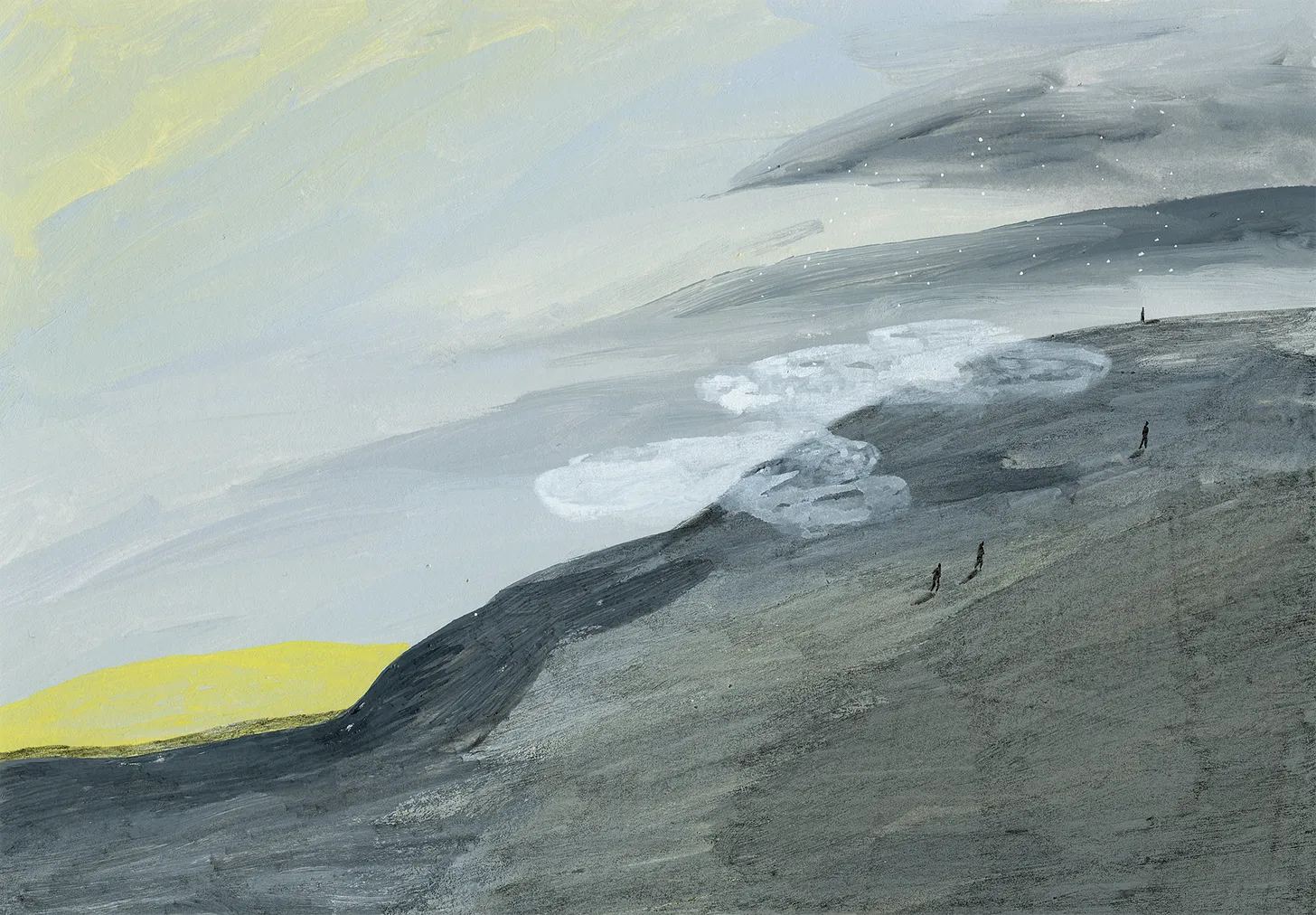
This week, we’re reflecting on what’s lost when you lose a home, while looking for moments of joy and creativity—from a baby’s rap sheet to a song inspired by confusion in a chatroom.
GRIEF
Lost to the fire
The news out of Los Angeles is devastating—so many have lost their homes, their businesses, their neighborhoods. War correspondent Hollie McKay has seen the impact of that kind of loss firsthand, and writes about the pain of losing even the mundane objects that make up a home.

More Than Just Things: The Deep Ache of Losing Everything
—
in“Things” are more than possessions; they are the tangible connections to loved ones, past chapters, and a sense of self. “Things” are never just objects; they carry the weight of our lives, stories, and emotions. The worn armchair isn’t just furniture—it’s where you rocked your child to sleep, read your favorite book, or sat with a loved one. The family photographs aren’t just pieces of paper—they’re fragments of time, capturing moments you’ll never get back. The dishes in your cupboard are more than tools for eating; they remind you of dinners shared, conversations had, and the love poured into meals for family and friends.
Even the most minor, most mundane items—a bracelet, a coffee mug, a handwritten note—are imbued with meaning. They represent milestones, loved ones, or even the hope and joy of a future you were building. Losing these “things” in a matter of moments doesn’t just feel like losing objects; it feels like losing the foundation of your life, the threads that connect you to your history, your identity, and the people you love.
For those on the outside, it’s tempting to say, “they’re just things,” but to the one who’s lost them, these things are irreplaceable, layered with memory and meaning. In their absence, the grief isn’t just about what’s burned; it’s about the fragments of a life that can never be recovered.
When everything is gone, grief runs deeper than belongings—it’s the loss of security, identity, and the physical proof of a life once lived. Survival is a gift, but it comes with an unshakable ache for all left behind. Recovery isn’t just about rebuilding but finding a way to heal when the flames have taken more than just things.
Life is fragile and fleeting, a truth made painfully clear in the aftermath of loss. Rebuilding offers a path forward, a chance to create something new, but it doesn’t erase the pain of what’s gone. It’s not just lost homes or possessions—it’s the years of memories, the sense of safety, and the deeply personal ties to a life that can never be fully replicated. It is being forced to move on before you are ready. It is a violation of serenity. It is one of the most challenging hurdles in existence. Starting over is a testament to resilience, but the ache of what was left behind lingers, a reminder that the scars of loss remain while life moves forward.
POETRY
Los Angeles
—
inPAINTING

PARENTING
Bad baby
In which Daniel Lavery enumerates the heinous crimes and misdemeanors of a nine-month-old.
A Brief Account of the Crimes Committed by the Baby So Far in His Nine Months of Life
—
inHere I am, innocently trapped on the porch, having left the house only for a moment to take out the trash. I was committing chores for the sake of my beautiful family, who are my only thought, waking or sleeping; I do nothing for myself, but labor solely for them.
Yet cruelly, unjustly, and without trial was I prevented from returning by the baby’s wicked refusal to open the door for me. You can see for yourself his prodigious great strength, his massive stature, his giant muscles. He is the strongest baby who has ever lived (many passersby have confirmed this on outings, and what reason would they have to lie? They are disinterested and objective observers, they could gain nothing from overstating the case).
For example, he is so powerful that he has won every single game of tug-of-war we have ever played. And yet he did not choose to temper his strength with compassion for the weak. I tell you he laughed, yes and smiled too, to see me trapped outside, exposed to the brutal forces of a West Coast January afternoon. It must have been 60° Fahrenheit. I very nearly wished I had a light sweater with me. Truly it has been said, how sharper than a serpent’s tooth it is to have a thankless child.
I pleaded with him earnestly. I marshalled every argument in my favor. I reasoned with him. In vain did I point out my months of loyal service to him. I offered him wealth and reward beyond his imagination, I promised him a life of kingly ease and luxury, a life where he might be carried around and fed and cosseted at all times, where he would never be expected to lift a finger for himself; he was unmoved, and only bashed his little ravioli-shaped fists against the glass. He laughed as he did it. It was no accident. He laughed in triumph.
Others—I will not say who—others who might have been expected to come to my aid merely took pictures of the incident, and laughed. Only after countless minutes had passed and he lost interest in my suffering did he move away from the door, allowing me to make good my escape.
But did he move away in order to be helpful to me? Or even for a neutral reason? I am sorry to say he did not. He moved away from the door only so he could remove all of the shoes from the shoe rack, even though I must have told him a dozen times that this is where the shoes live, that this is their home.
This does not even begin to cover the list of crimes he has committed during his nine short months of life. They are extensive almost beyond belief.
PHOTOGRAPHY

ART
Weird and wonderful
In this discursive post, Tina Zhang considers weird fashion, Tumblr culture, a video exhibit at MoMA, and an odd internet archive.
Did anyone “stay weird”?
—
inA few weeks ago, I was raving to a co-worker, K, about the current MoMA exhibit, The Clock—a 24-hour montage of clocks, watches and time in film all synced chronologically to the local time. Christine and I entered the exhibit around 4:50pm and sat for over an hour to see Troy from High School Musical running down the hall at 5:15pm, a man scrambling to catch a train at 5:58pm, a cuckoo clock striking at precisely 6pm.
There is something captivating about watching a compilation without a narrative—clips of inane daily tasks like commuting and suppertime tied together with no curation outside of the time.
K says it reminds him of a website he once read about that surfaces YouTube videos with almost zero views and titles like “IMG_0596” or “DISC 003.” I look it up a few days later and sit for a few minutes watching a backyard webcam recording deer walking gingerly, shaky footage of a train in Japan, a home video of a boy talking about his favorite wrestlers.
The website is called Astronaut.io, imagining the feeling of floating in space 100 miles above Earth watching the uncurated, prosaic day-to-day below. But rather than being boring, it evokes a sweet nostalgia—intimate and weird and familiar and sublime.
MUSIC
Song sketch
On the clock to write a song, James Vincent finds inspiration in the messages sent through the class online chat.
Blue by James C Vincent
—
inA few days ago, I signed up for Brian Eno’s School of Song course. Getting songwriting tips and musical insights from the man who’s worked on many of my favourite albums seemed too good an opportunity to pass up.
At the start of the course, Eno asked all the songwriters (there must have been hundreds, maybe thousands of us) to write a song from start to finish in twenty minutes. One of the school’s founders, Blue, showed us two videos of landscapes from a moving train window. During the clips, Eno asked everyone to free-associate words into the chat feature of the SoS platform. Some songwriters wrote descriptive passages, some full lyrics, and others asked technical questions about the SoS site.
As the clock started ticking, my mind was blank, and I considered not attempting to complete the assignment. But then, I became interested in the chat, where a number of people were having meltdowns about the site’s functionality, the speed at which the chat was rushing past, or whether we had to share our songs afterwards (I was having some of the same thoughts).
Three minutes before the timer ran out, I hurriedly wrote and recorded this fragmentary song, which I entitled “Blue,” using verbatim lyrics from the chat feature.
COLLAGE

CULTURE
Phoned out
There are endless tips and tricks online about how to spend less time online. Kate Lindsay offers a radically simple one: embrace the fact that you’ll be bored.
You might just have to be bored
—
inBoredom is when you do the dishes, run the errand you’ve been putting off, respond to the text you’ve left on read. Boredom is when you bring a book to read on the subway or make small talk with the person in front of you in line about how slow the pharmacy is. Boredom is when you do the things that make you feel like you have life under control. Not being bored is why you always feel busy, why you keep “not having time” to take a package to the post office or work on your novel. You do have time—you just spend it on your phone. By refusing to ever let your brain rest, you are choosing to watch other people’s lives through a screen at the expense of your own.
I can’t pretend to be a perfect model for phone/life balance. I spent the entire day after a holiday party last month in bed, requesting 15 more minutes of TikTok until I’d made a mockery of my self-imposed time limit. But as “use phone less” comes back around as a new year’s resolution, I can at least offer the perspective of someone who now does use phone less.
It’s what you do with that necessary boredom that becomes the reward. I just feel better after watching a movie, doing a craft while playing an audiobook, or cleaning while listening to a podcast through my headphones instead of going into a social media black hole. That’s not to mention the rewards of “enjoying a story” and “having a clean apartment.” And while improved quality of day-to-day life is nothing to sneeze at, there have been tangible long-term rewards as well. In November, I wrote 20,000 words of a novel I’ve been trying and failing to even start writing since 2018, all because I began designating the first hour of my mornings to writing instead of scrolling (shoutout to The Artist’s Way).
It’s likely nothing in this newsletter is news to you, like how we know exercising regularly, drinking water, and going to sleep early make us feel better in the long run but often opt instead for the short-term reward of watching one more episode or not having to pee every fucking five minutes. There’s no trick to getting those rewards other than to just do the thing, and it’s the same with your phone. While technology does tap into our brain in unprecedented ways, and legitimate scrolling addiction exists, I’m certainly guilty of over-intellectualizing the novelty of technology as a way to avoid any personal accountability for my bad habits. It’s Meta’s fault, not mine! But unless you suffer from a more serious addiction, cutting down your phone use is no more impossible than waking up early to run: It sucks. I hate it. I’m so, so glad I did it.
PHOTOGRAPHY
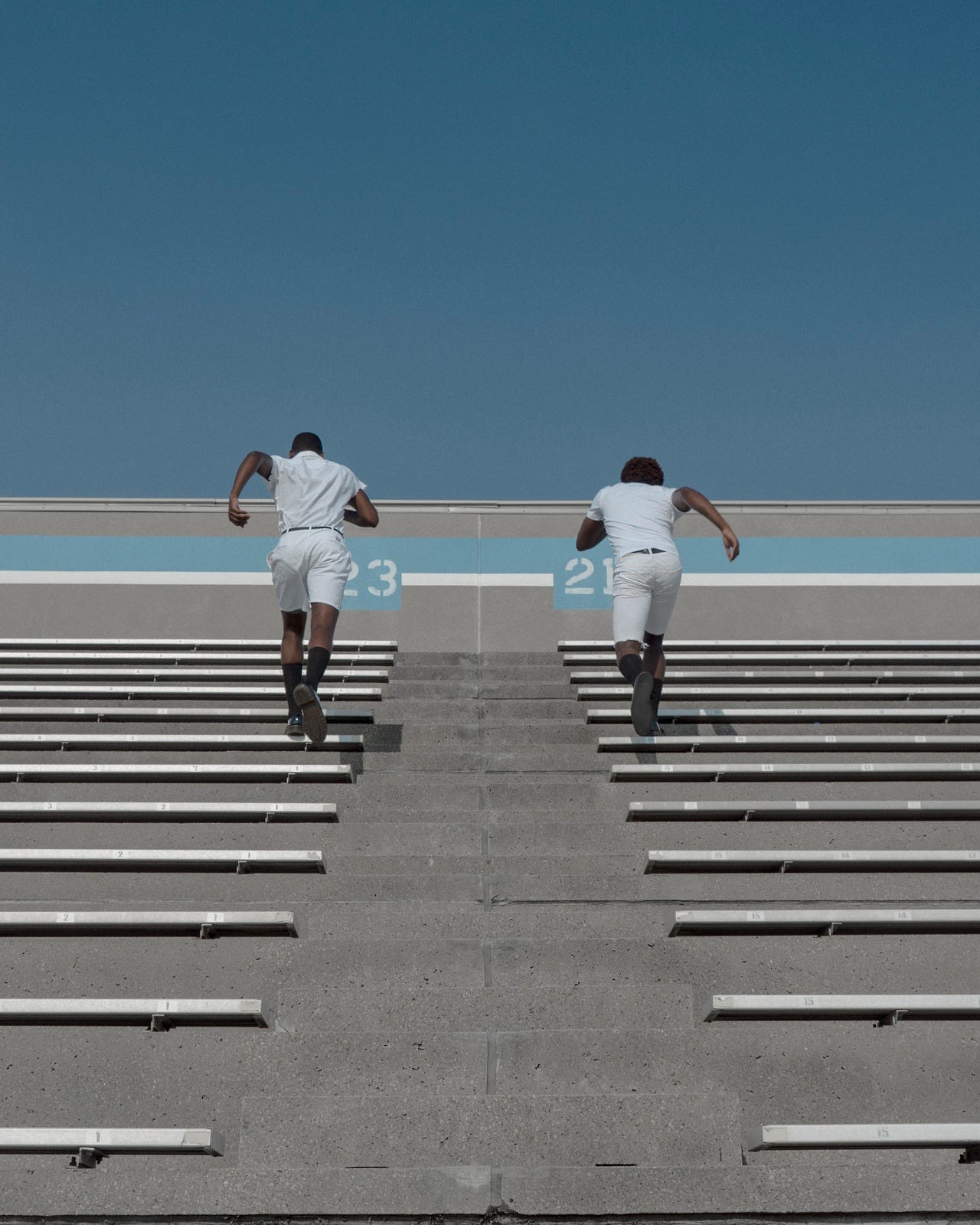
FOOD
A guide to miso
Yotam Ottolenghi’s guide to different types of miso is also an ode to the paste’s “subtle funk.”
Get to Know Your Miso
—
inIt was sleety and cold and miserable when I woke up this morning and the first thing I thought of was miso soup (it’s always coffee normally). It was a combination of needing something warm to pick me out of bed and something salty to get over an extra digestif at ROVI the previous night.
I also promised to discuss miso in Saturday’s post, so I guess it was on my mind as I was falling asleep…
Miso is such an unbelievably useful shortcut to flavour. Much like a good broth, it’s layered and deeply satisfying. Where a stockpot is grand and bubbling, miso is quiet, compact, and ready to step in when you don’t have hours to spare.
Peek into my fridge, and you’ll find a stash of what I like to call my ‘trick’ condiments—little jars and bottles with serious depth of flavour, perfect for days when I’m short on time (or haven’t frozen any stock) and want to cook something delicious without really trying. Most of them owe their depth to fermentation, and among them, miso stands front and centre. It adds an umami richness and a subtle funk.
ARTWORK

Substackers featured in this edition
Art & Photography:
, , , , , ,Video & Audio:
Writing:
, , , , ,Recently launched
Inspired by the writers featured in the Weekender? Creating your own Substack is just a few clicks away:
The Weekender is a weekly roundup of writing, ideas, art, audio, and video from the world of Substack. Posts are recommended by staff and readers, and curated and edited by Alex Posey out of Substack’s headquarters in San Francisco.
Got a Substack post to recommend? Tell us about it in the comments.






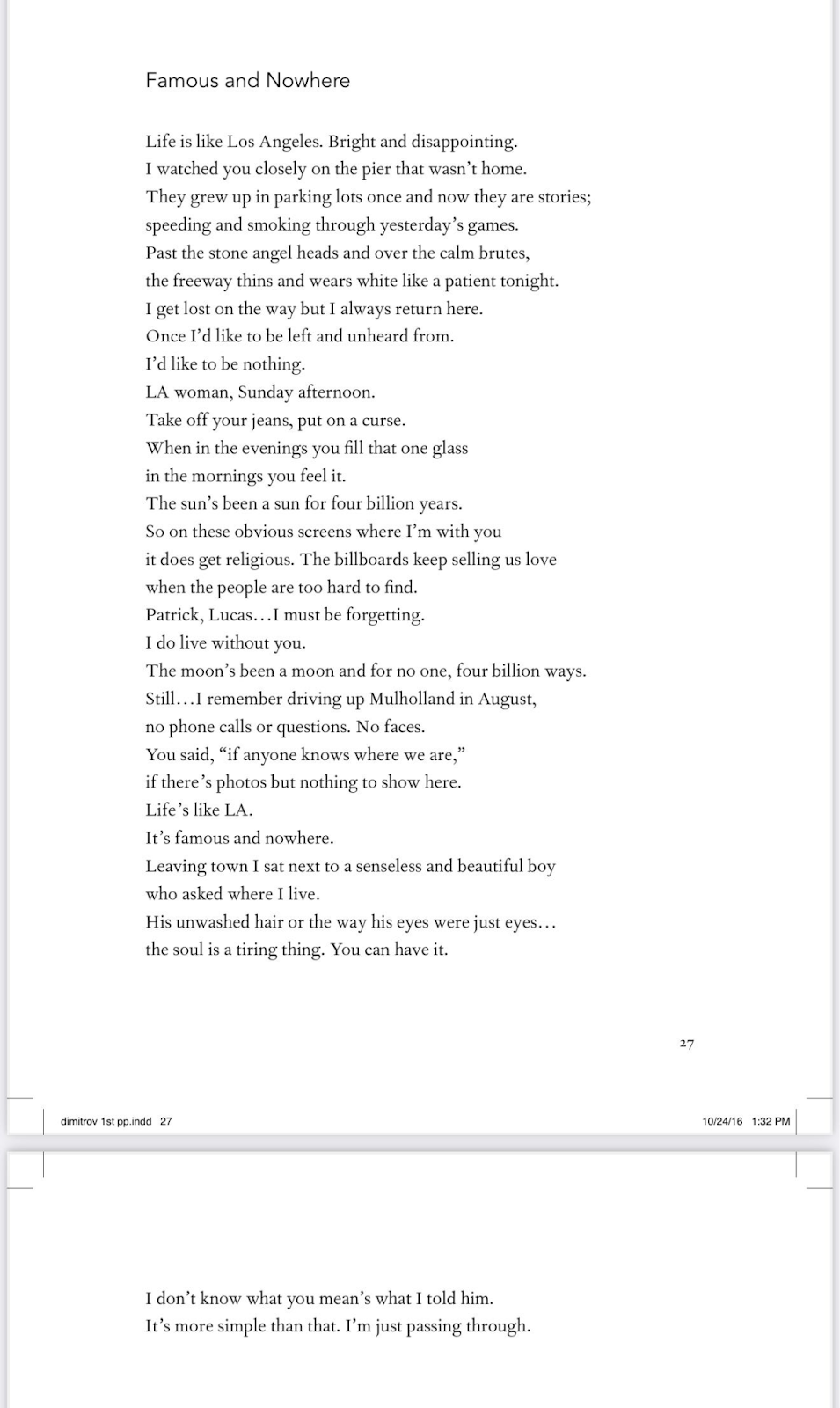


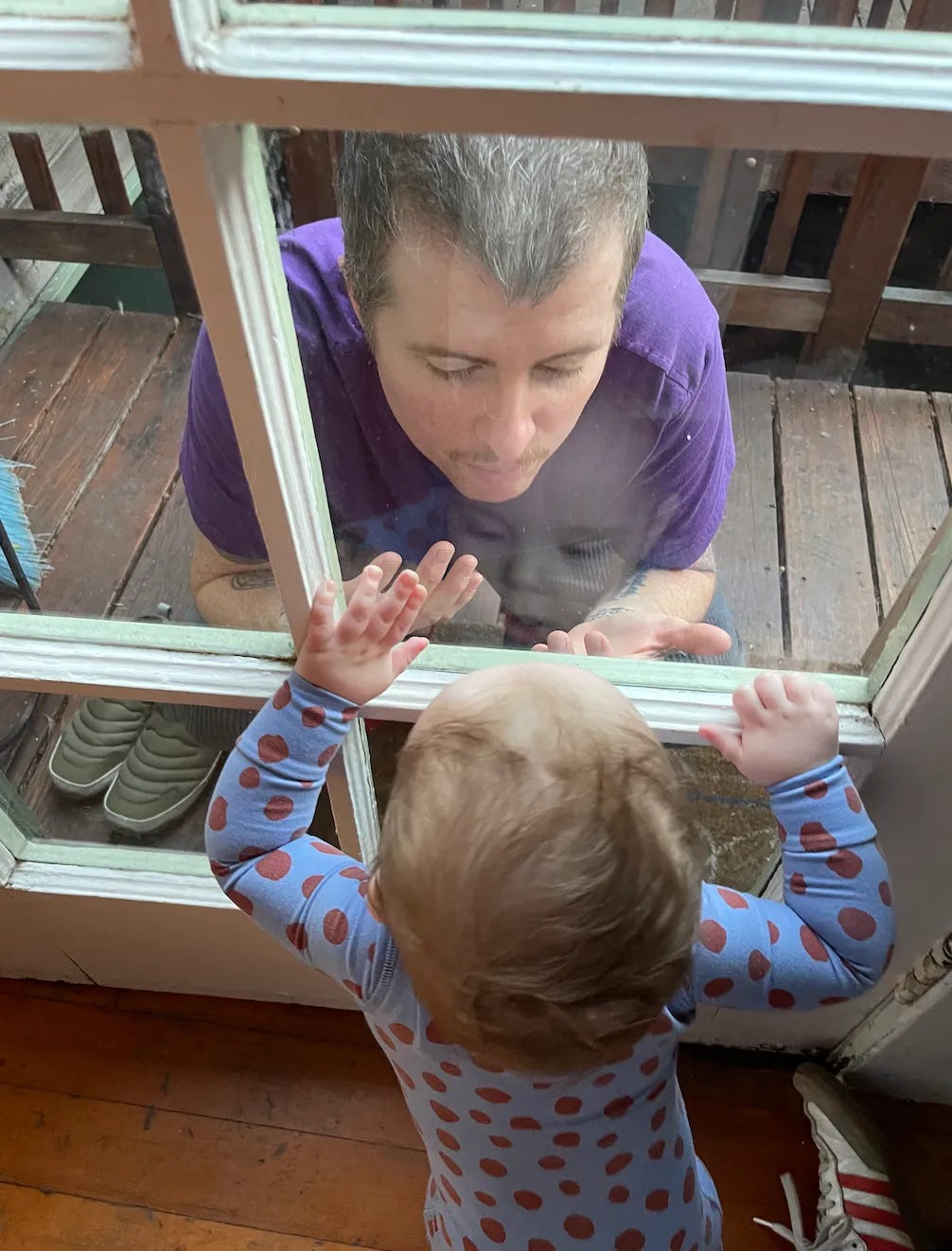


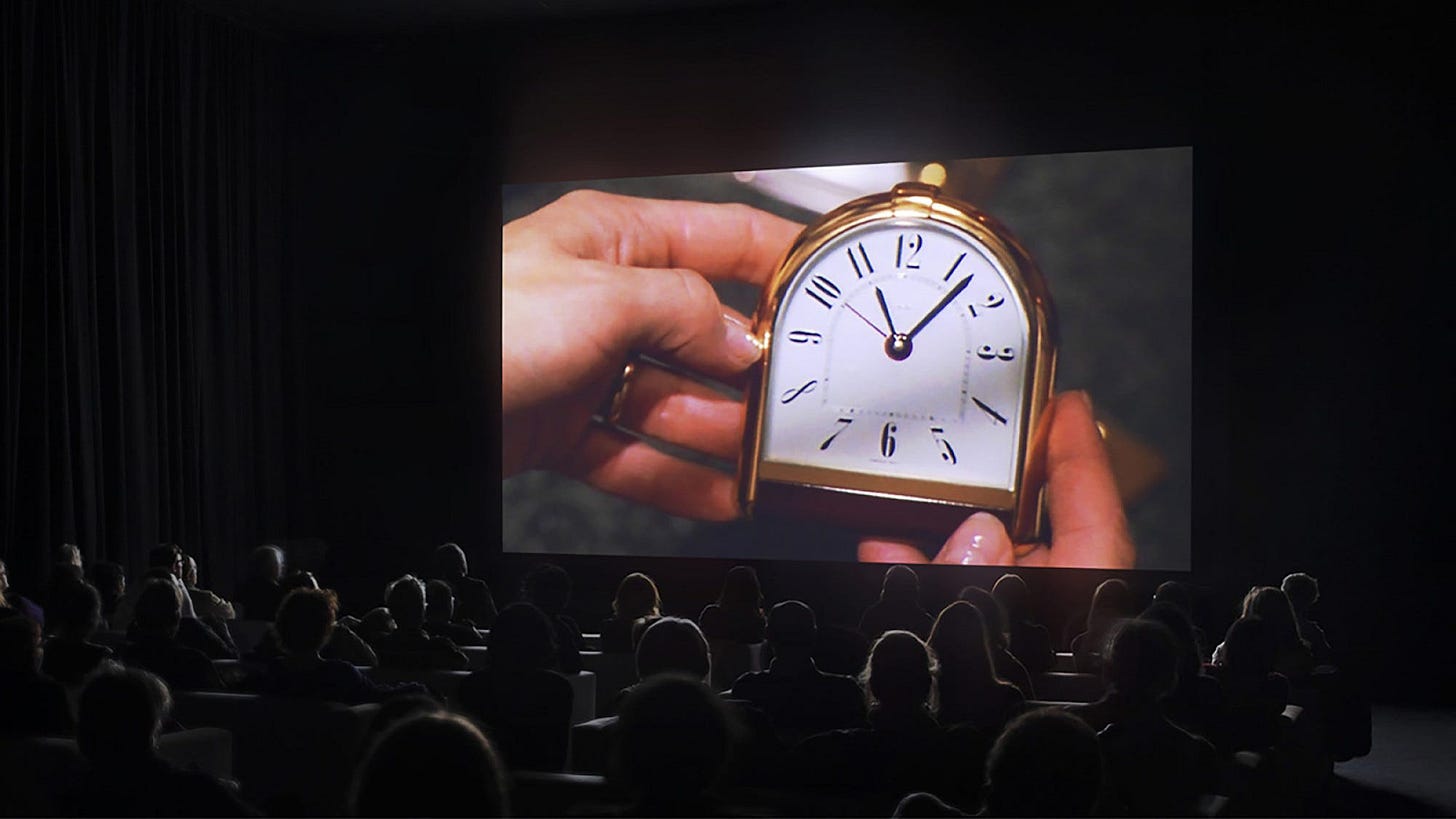





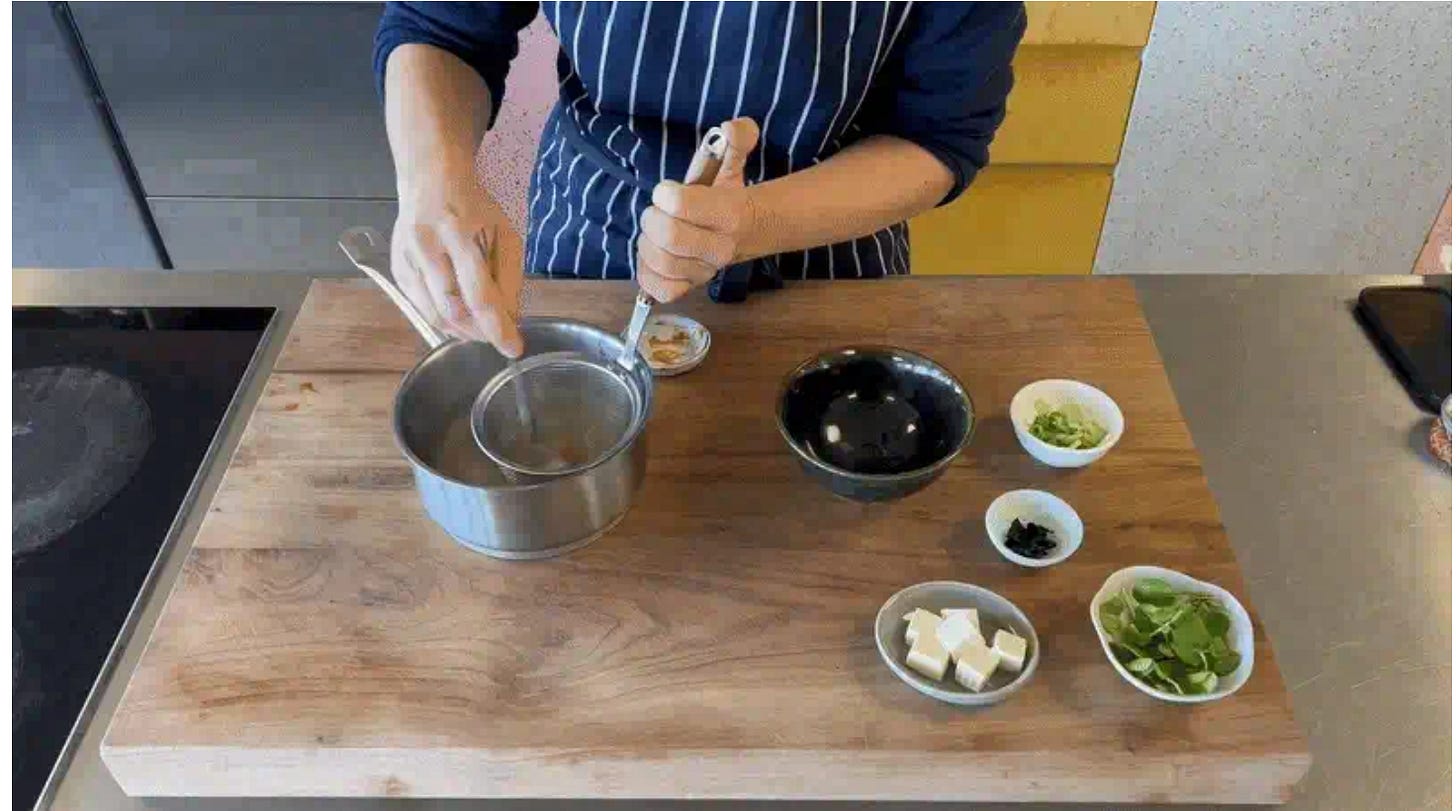







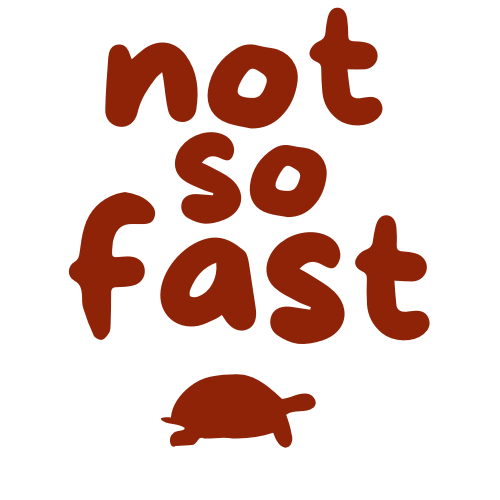



Hey Substack reads! There's not much of fiction in these posts, so I just wanted to plug our little corner of the internet here. I write daily micro-fiction prompts to keep people writing even on days when the inspiration runs low, and my latest weekly issue of the Batch (which is a compilation of the stories written on said prompts) included 83 writers. So I thought that is a cool Substack moment for you to check out! :)
https://open.substack.com/pub/fictiondealer/p/copy-the-batch-of-micro-fiction-34?r=2l54ej&utm_campaign=post&utm_medium=web&showWelcomeOnShare=true
For anyone whose interest is piqued by that beautiful painting from French artist Suzanne Valadon (1865-1938) there's a wonderful fictionalized account of her life that I read for the BookLife Prize this year - Marta Molnar's "Girl Braiding Her Hair" - it was wonderful!